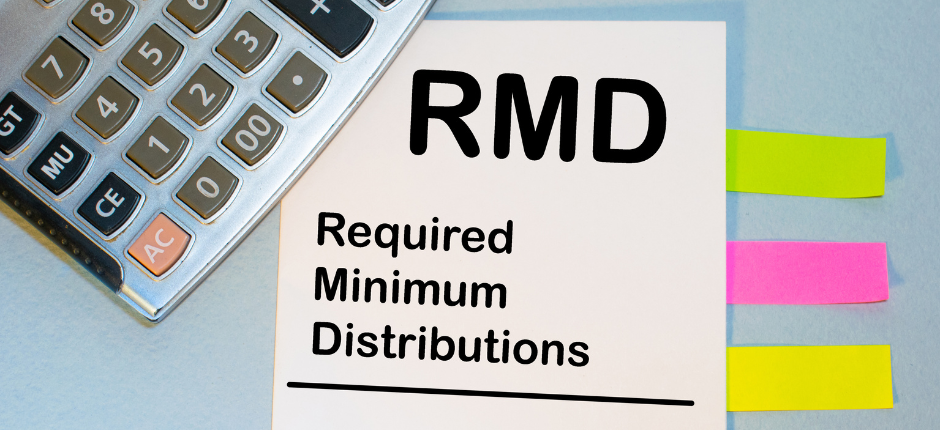TAX PLANNING
What the latest change can mean for some beneficiaries
If you’ve recently inherited an IRA or are set to inherit one soon, you need to know that the rules surrounding IRA inheritances have become more complicated for some designated beneficiaries. Most notably, a “10-year rule” applies to most non-spousal beneficiaries who receive inherited retirement accounts. This rule requires that beneficiaries of IRAs must liquidate the entire account by the end of the 10-year anniversary of the IRA owner’s death. However, proposed Treasury regulations require that beneficiaries under this 10-year clock, who inherit from an IRA owner who died after their Required Beginning Date, to take annual Required Minimum Beneficiary Distributions (RMBDs) in years 1-9. These proposed regulations have left taxpayers unsure if they’re required to follow them and take an annual RMBD.
What’s going on
The 10-year rule went into effect for most non-spousal beneficiaries who inherit IRAs after December 31, 2019. Most industry professionals believed that the 10-year rule only required the account to be fully distributed by the end of the 10th year, without annual distributions. But a proposed 2022 regulation added a required minimum beneficiary distribution to the equation for a subset of IRA beneficiaries: specifically, designated beneficiaries who inherit from an IRA owner who died after their Required Beginning Date. These beneficiaries will have to make an annual RMBD. If you an inherit from an IRA owner who died before their Required Beginning Date, only the 10-year rule applies, but there’s no RMBD.
RMBDs require you to withdraw funds at a specified amount and if not taken, penalties will apply. Since the 2022 proposed regulations took taxpayers and industry professionals by surprise, the IRS has issued penalty waivers for those individuals possibly affected by the proposed regulations, which also gives the IRS more time to issue final regulations.
How we got here
Beginning with the SECURE Act of 2019, the IRS applied stricter distribution rules on those inheriting IRA accounts by implementing a 10-year rule for most non-spouse beneficiaries, significantly reducing the distribution timeframe.
In February 2022, the IRS proposed an additional regulation that would impose both a 10-year rule and RMBDs on anyone who inherited an account from someone who was already past their own required beginning date.
It’s not difficult to see the problem: The IRS released proposed regulations in 2022 that applied to a group of beneficiaries that inherited them in 2020 and later. It also left taxpayers wondering if they need to follow proposed regulations or wait until final regulations are issued. This resulted in the IRS waiving penalties for RMBDs not taken in 2021 and 2022. On July 14, 2023, the IRS announced that inheritors who didn’t take RMBDs in 2023 will also receive penalty waivers, since the proposed regulation hasn’t been finalized yet as we head into 2024.
What you should do
If this all sounds confusing, that’s because it is. If you inherited an IRA after December 31, 2019 and you’re unsure if or how this applies to you, meet with your financial advisor – and perhaps also a tax professional – to review your situation. They can tell you how to comply with the new rules and how to factor those pesky RMBDs into your long-term financial plan.
Work with Us
We would love to share our knowledge with you to help you obtain the financial expertise you might be looking for. At Gainspoletti Financial Services, we know that everyone’s financial situation is unique, which is why we carefully craft each plan or consultation specifically for a person. Contact us to learn more!
The information has been obtained from sources considered to be reliable, but we do not guarantee that the foregoing materials are accurate or complete. This material is being provided for information purposes only and is not a complete description, nor is it a recommendation. Any opinions are those of Gainspoletti Financial Services and not necessarily those of Raymond James. Investing involves risk and you may incur a profit or loss regardless of strategy selected. Every investor’s situation is unique and you should consider your investment goals, risk tolerance and time horizon before making any investment. Raymond James and its advisors do not offer tax or legal advice. You should discuss these matters with the appropriate professional.

